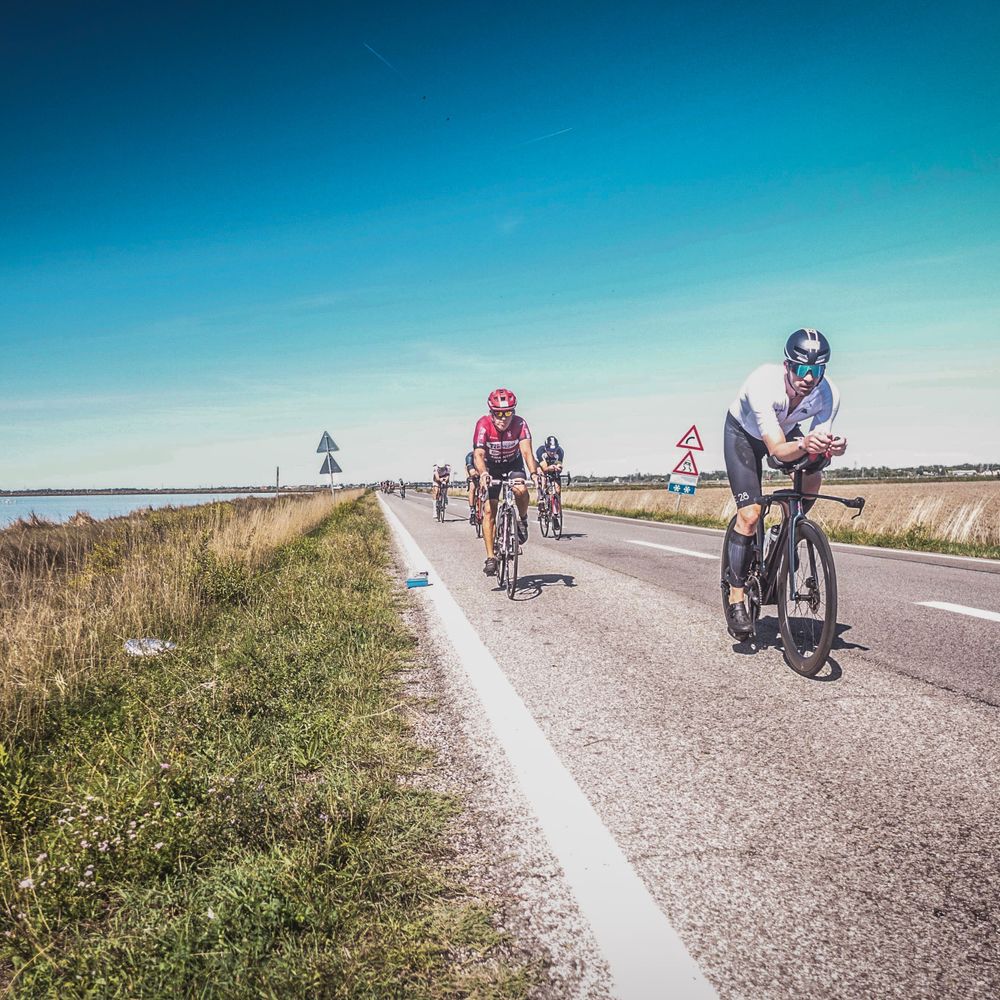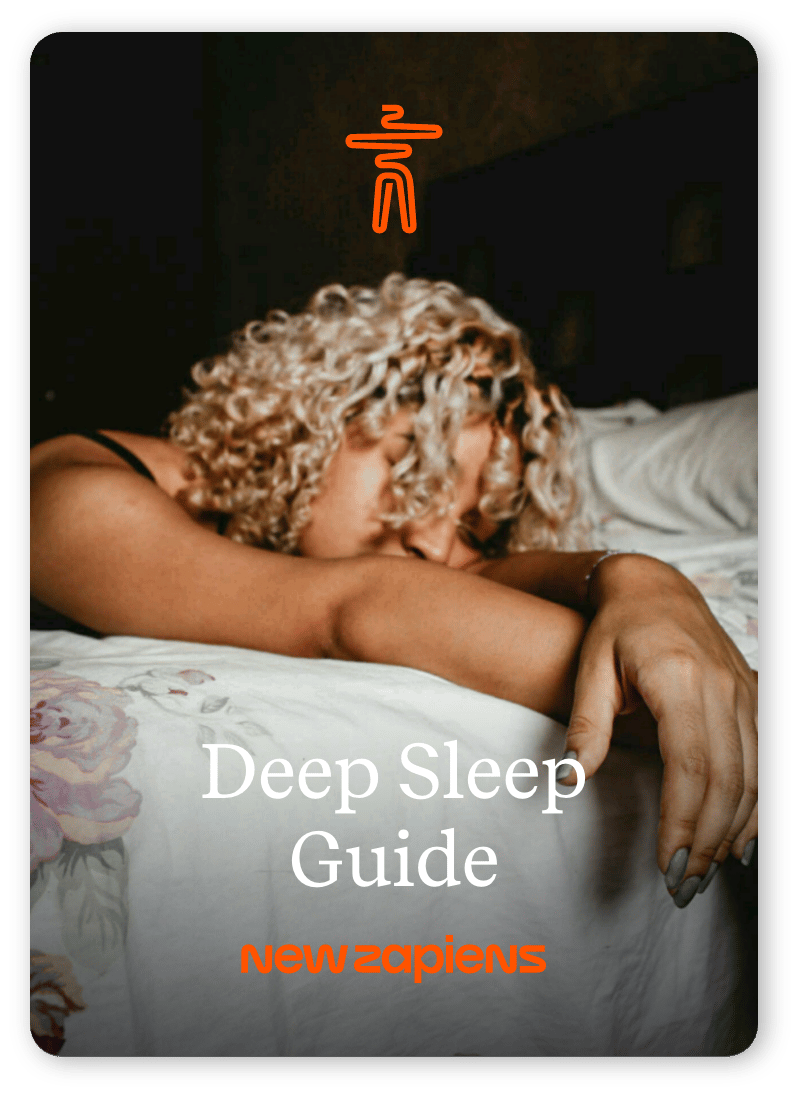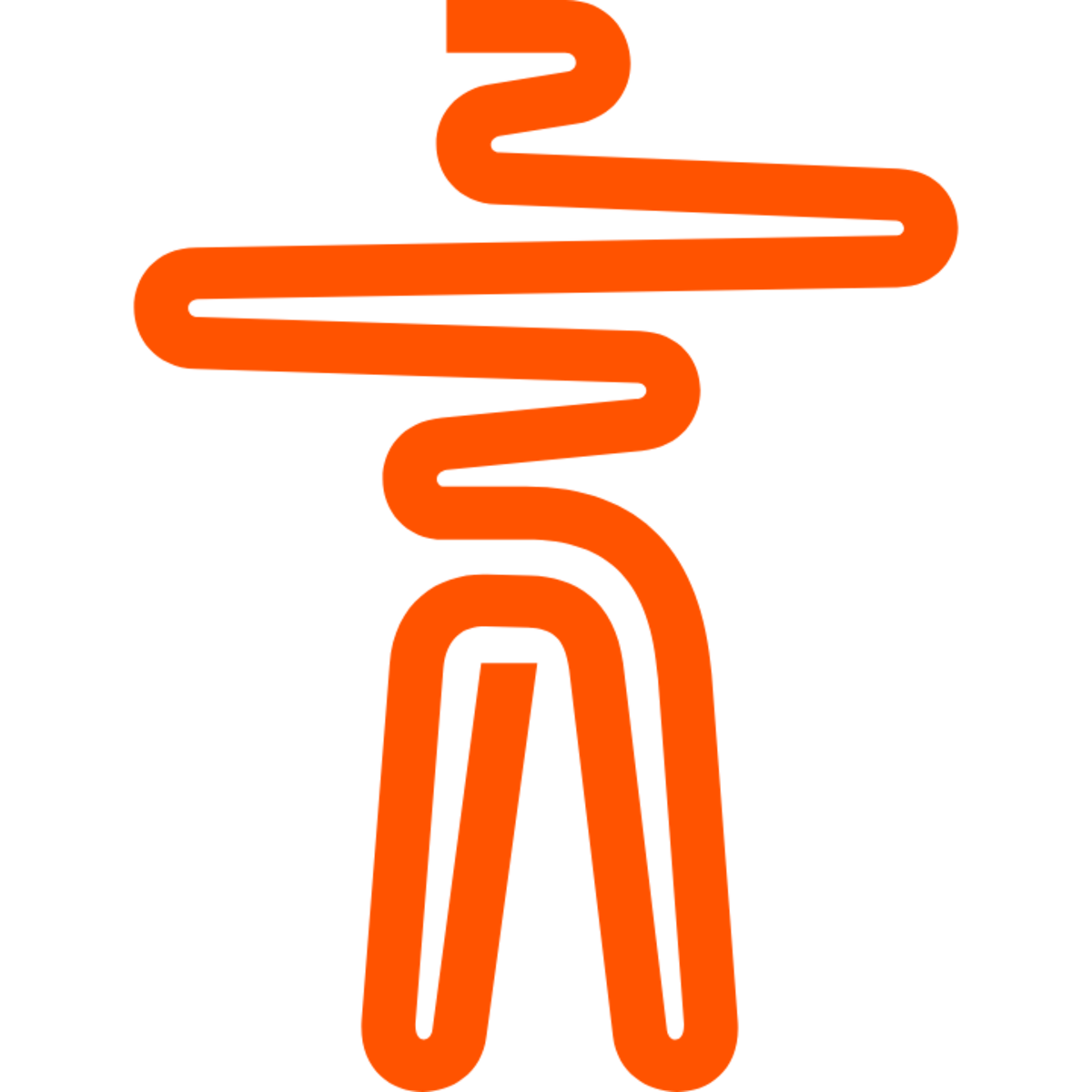

Happy Thursday, Zapien — Here’s what we’re diving into this week:
How New Zapiens Co-Founder Martin Brüggemann optimizes health like code
Free Deep Sleep Guide to fix your nights and boost recovery
Community highlights: Sleep trackers, water filters, and blood pressure tools
Inside Mark Wahlberg’s consistency-first health routine
Forever,
Karol, Martin, Simon & Andy
Presented By
Popular Discussion



Martin Brüggemann – Built to Last: Founder Stories #1
"I simply walk around the house for two minutes with 84kg three days a week, and afterwards I feel like I could uproot trees."
This week, we're pulling back the curtain on New Zapiens.
Meet Martin Brüggemann - t3n co-founder, CTO with 20+ years of experience, ultracycling enthusiast, and the technical brain behind our platform.
In this interview, Martin reveals:
✔ The AI-powered tech stack that ships features in days, not months
✔ How 2-minute farmer's walks delivered more gains than years of "proper" strength training
✔ His dream continuous monitoring device (blood sugar + ketones + lactate on a Garmin Edge)
✔ Why HRV is the most misunderstood metric in health optimization
Short Hack Long Life
Train your brain for long-term health
Your brain ages just like your body, but you can strengthen how well it adapts and performs over time. Scientists call this cognitive reserve — the brain’s ability to stay efficient and maintain function even as it changes with age.
Long-term studies from Columbia University and others show that people who stay mentally, socially, and intellectually active have a lower risk of cognitive decline and dementia.
Physical activity, quality sleep, and social connection also reinforce brain resilience by supporting blood flow, energy metabolism, and recovery. Together, they help your brain stay sharp and flexible for longer.
How to build cognitive reserve:
🧠 Learn new skills or hobbies that challenge you
👥 Stay socially active and engage in real conversations
🏃 Exercise several times a week to boost blood flow
😴 Get quality sleep to support memory and recovery
→ Small, consistent habits help your brain stay adaptable and resilient.
Free Tool of the Week
Deep Sleep Guide
Sleep Like a Pro—18 Hacks For More Energy & Focus
✔ Sleep better, feel stronger—your #1 free health upgrade
✔ Simple steps, no gadgets or perfection needed
✔ Trusted by 10,000+ worldwide
WhatsApp Group Summary
Sleep Tracking & Wearables
Discussion:
Members compared Oura, Whoop, and Apple Watch for tracking sleep and recovery. Jonas praised Oura’s accuracy and support, while others noted mixed experiences with Whoop’s service. Hadi highlighted long battery life and reliability as key factors in choosing a tracker.
Consider this:
• Pick the device that best fits your habits — accuracy matters more than features.
• Track deep sleep and HRV trends over time, not single nights.
Clean Water at Home
Discussion:
Jules asked about water filtration systems to reduce medication residues and contaminants. Benjamin recommended the Retec Ultimate Pro with built-in carbon and mineral filters, emphasizing convenience through a subscription model.
Consider this:
• Check your local water quality before investing in filters.
• Look for systems that balance purification with mineral retention.
Continuous Blood Pressure Tracking
Discussion:
Jan-Philipp asked about continuous blood pressure devices like Hilo. Hadi shared that regular monitoring helps manage hereditary high blood pressure, while Manlio tested a budget device for general insights.
Consider this:
• Continuous tracking is most useful if you have known risk factors.
• For most people, occasional checks and lifestyle changes go a long way.
Community Health Stack
Mark Wahlberg
Actor, fitness enthusiast, and wellness entrepreneur. Using disciplined training, recovery, and nutrition to sustain peak performance and longevity.
Mark's Trusted Brands
Mark's Health Routine
Routine
• Wake-Up: 2:30–3:30 AM, praying, cold plunge, hydration
• Training Blocks: Two sessions per day (strength + cardio)
• Warm-Up: RAMP protocol – mobility, activation, foam roll
• Movement: High daily volume with sleds and functional tools
• Meals: 6–7 feedings, lean proteins, vegetables, minimal sugar
• Fasting: Intermittent fasting (6-hour eating window)
• Recovery: Cold therapy, cryo, stretching, sauna
• Wind-Down: Family time, screen-free evening
• Sleep: Early bedtime (7:30 PM), consistent rest
Workout
• Strength: Bands, dumbbells, kettlebells, TRX
• Functional: Sled pushes, balance, unilateral work
• Warm-Up: Glute activation and joint prep
HOW DID YOU LIKE TODAY'S ISSUE?
Health Disclaimer
New Zapiens’ products and services are not intended to substitute for professional medical guidance. Our content and media offerings do not aim to diagnose, cure, or address any medical issues.






